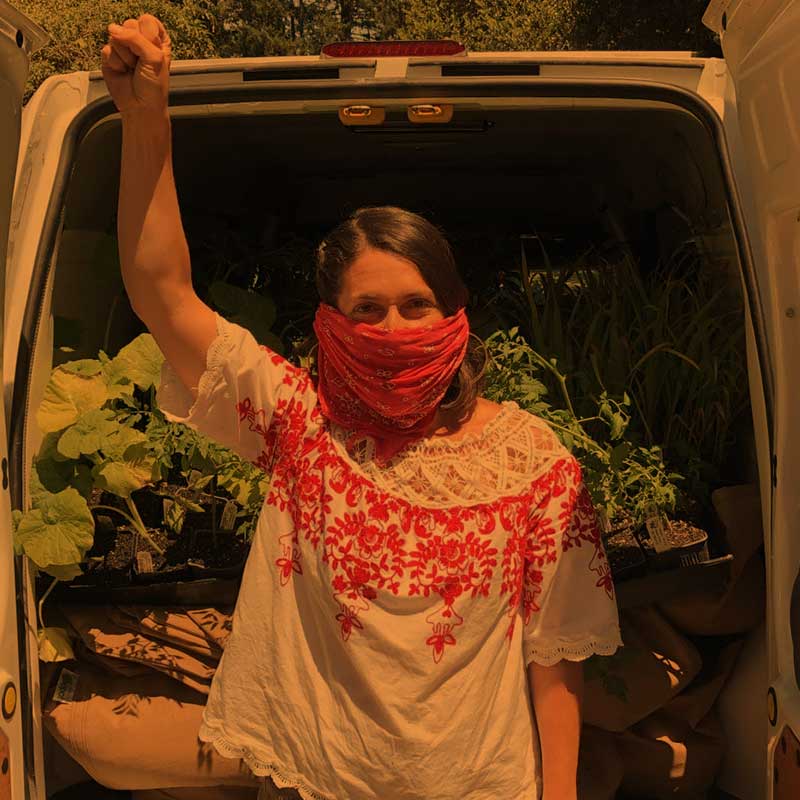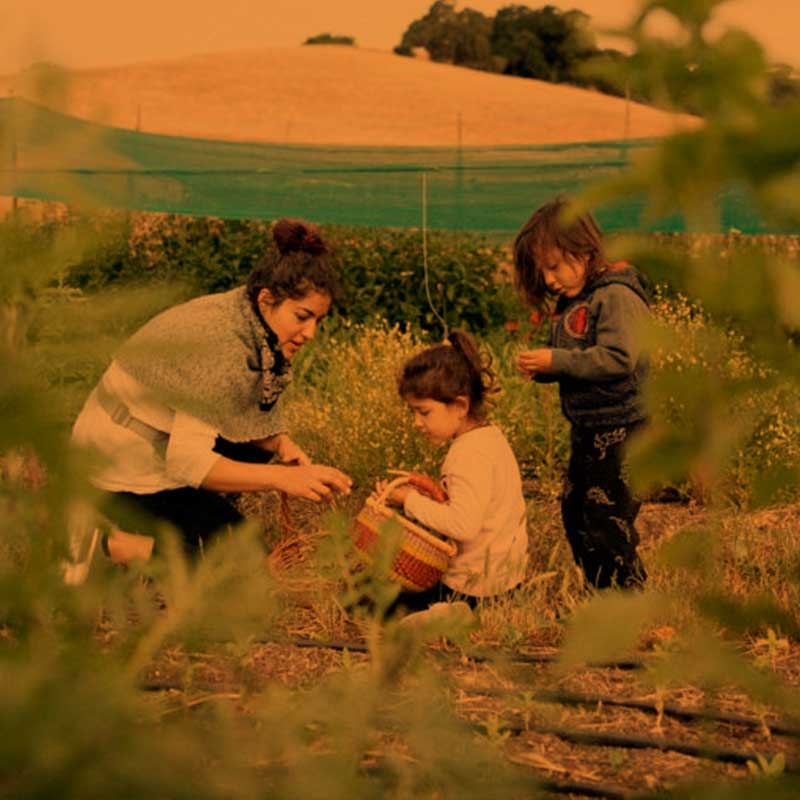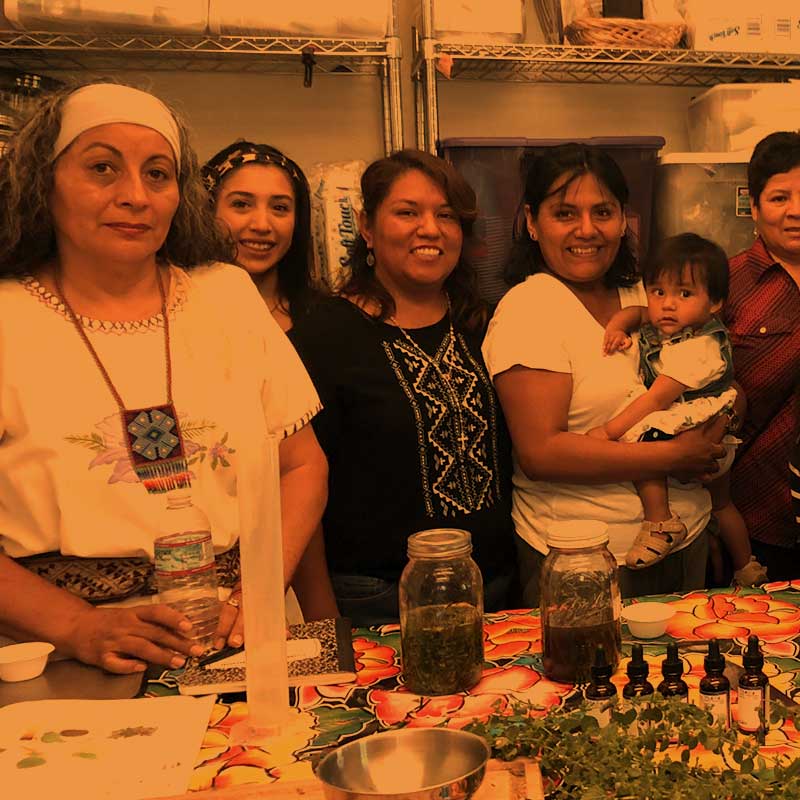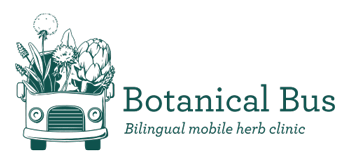
About our Commitments
[2] The Promotoras CHW’s are a team of Latine and Indigenous women who provide trusted, culturally relevant health services to their own community through our clinic and wellness workshops as massage therapists, nurse practitioners, somatic therapists, artists, activists and herbalists.
Why are these commitments necessary?
How should our commitments be practiced?
We may encounter and or perpetuate harm in our communities. Although we aim to be rooted in love, all of us are vulnerable to reproducing the oppressive systems that we are trying to overcome. Therefore, these commitments are to be used as ongoing reminders of a shared responsibility to uphold an approach of compassion and connection in our communities. They may be used to enact necessary boundaries and to thoughtfully intervene when harm happens. People in our team may approach you, in a humanizing and honest way, to guide you back to these commitments. We see their practice as a pathway to mend, change, and cultivate accountable relationship building. After all, “todos somos medicina y nos sanamos la una a la otra” [we are all medicine and we can heal one another]. If you have any questions, please do not hesitate to reach out to: Jocelyn Boreta at jocelyn@thebotanicalbus.org.
[3] Systemic racism is a form of racism that is embedded in the laws and regulations of a society or an organization.
[4] Classism refers to discrimination against an individual or a group on the basis of social class
[5] Oppression is the systematic subjugation of one social group by a more powerful social group for the social, economic, and
political benefit of the more powerful social group.
[6] Liberation is freedom from oppression



Commitments
1. Recognize
- Recognize that the United States was built on, and still benefits from the genocide of Indigenous[8] peoples and the transatlantic slave trade [9] ;
- Recognize that The Botanical Bus is guided by a mission and vision of collective healing that centers the knowledge, experiences, and leadership of bilingual/bicultural/multicultural Indigenous people[10] of color;
- Recognize that every white person in the U.S., including our white-identified staff and volunteers, benefit from a political and socioeconomic system of white supremacy;
- Recognize that all of us, including BIPOC[11] people, must understand this system of white supremacy to deepen social, political, economic, and spiritual change; and
- Recognize that we must constantly reflect on our sociocultural privileges as well as potential areas of marginalization to bring our full selves to healing work with a generous heart.
2. Learn
- Learn to have difficult conversations about race, racism, cultural appropriation[12] and other forms of oppression with humility and intentionality;
- Learn about our past so that we can understand our present and collaborate to create a better and healthier world; and
- Learn that in order to transform oppressive systems, we must heal ourselves and take care of our own wounds to be more helpful.
3. Practice
- Practice a non-expert stance that respects individuals’ self-determination[13], self-agency, and the notion that we can only be experts in our own healing and no one else’s;
- Practice holistic strategies for addressing health concerns related to the intersection of different forms of oppression;
- Practice removing barriers for non-English speaking BIPOC people, individuals with disabilities, low income, and other communities on the margins of society;
- Practice speaking up when injustice is happening within our organization and making antiracist work an integrated, sustainable part of our efforts;
- Practice resisting policies and systems that cause violence and harm in pursuit of liberation and justice.
[7] Resource: https://www.cdc.gov/chronicdisease/healthequity/index.htm
[8] Resource: http://worldwithoutgenocide.org/genocides-and-conflicts/american-indian
[9] Resource: https://www.nytimes.com/interactive/2019/08/14/magazine/1619-america-slavery.html
[10] Resource: https://womxnscenter.uci.edu/why-womxn-with-a-x/
[11] Acronym for Black, Indigenous, and Other People of Color
[12] https://www.nytimes.com/2022/09/30/t-magazine/cultural-appropriation.html
[13] Resource: http://www.self-determination.com/index.php/self-determination
